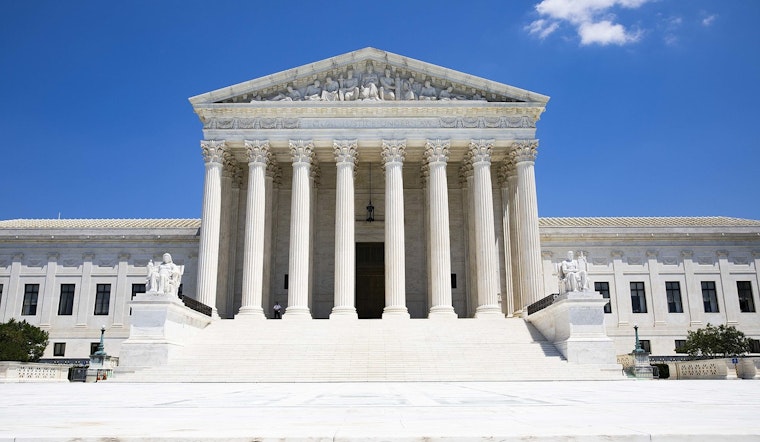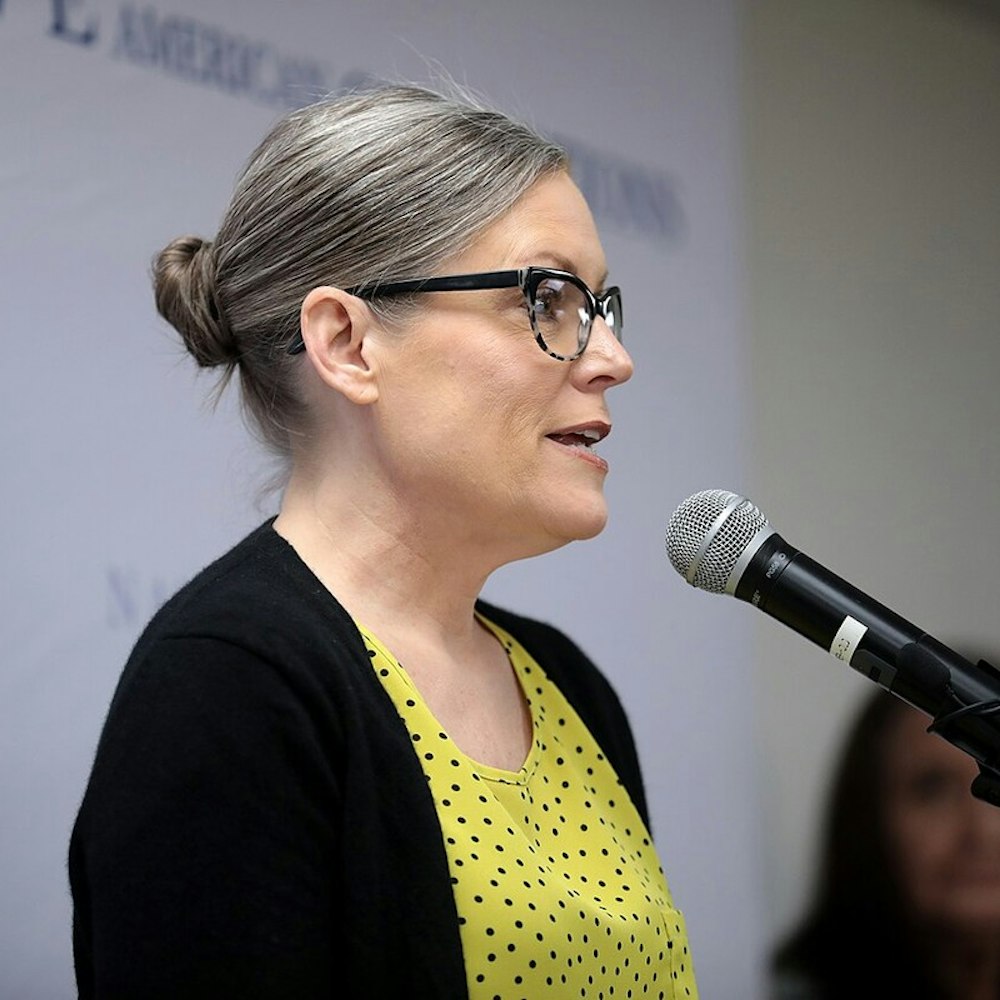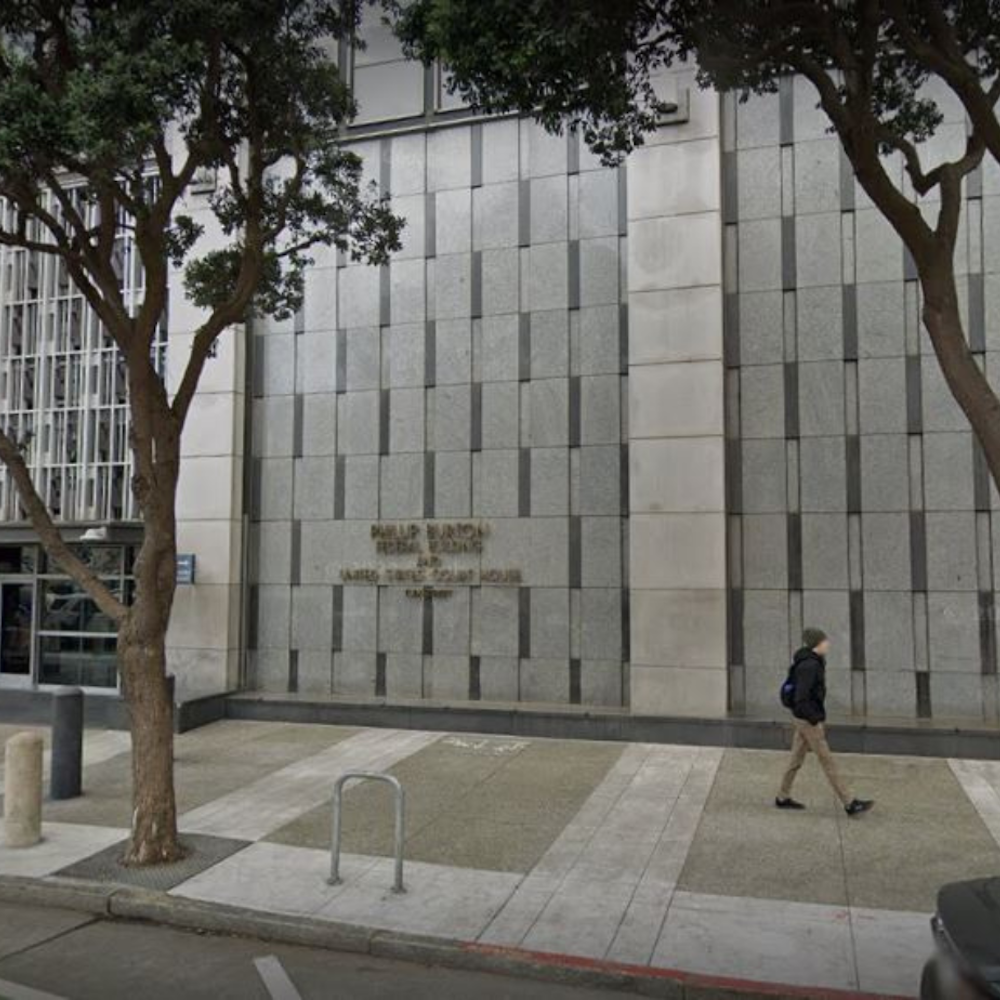
In a victory for proponents of tighter voting regulations, the Supreme Court of the United States has let stand a Texas law that imposes age-based stipulations on mail-in voting. The law requires voters to cast their ballots in person unless they are 65 or older, disabled, will be out of the county on Election Day, are due to give birth, or are incarcerated. Efforts by a political group to challenge this law on the grounds of age discrimination were effectively quashed with the Court's refusal to hear the case.
The legal back-and-forth began when the Texas Democratic Party supported a lawsuit prior to the 2020 elections, claiming the age restrictions were unconstitutional. Although they initially found success at the district court level, their victory was short-lived. The U.S. Court of Appeals for the Fifth Circuit overturned the decision, ruling in favor of the Texas law during the 2020 election, a ruling that was upheld by the same court last year.
Following the Fifth Circuit's decision, the plaintiffs attempted to escalate the matter to the nation's highest court. However, SCOTUS's decline to take up the case effectively cements the Fifth Circuit's ruling, ensuring that the Texas statute will remain operative. Attorney General Ken Paxton, who has been at the forefront of defending the law, lauded the outcome. In a statement published by the Texas Attorney General's office, Paxton said, "Many states irresponsibly and unconstitutionally changed their voting policies prior to the 2020 election. Fortunately, we did things differently in Texas: we fought hard to uphold Texas law and defend the integrity of elections in this State."
Further explaining the state's position, Paxton added, "We have worked tirelessly to keep our elections free and fair. There is nothing more important than protecting the integrity of every legal vote." His remarks reflect a staunch commitment to election measures that he and like-minded officials argue are essential for securing the electoral process against fraud, even as opponents contest such laws as restrictive and discriminatory.









